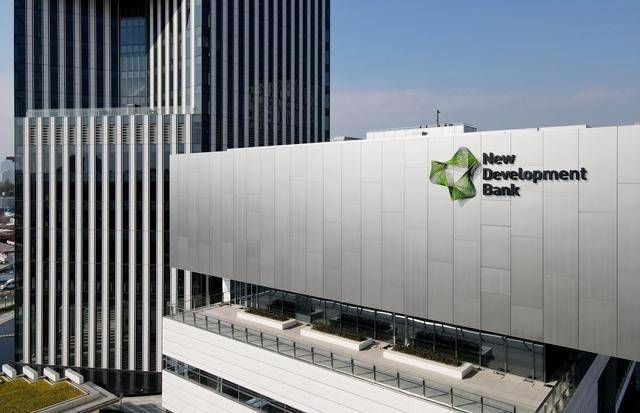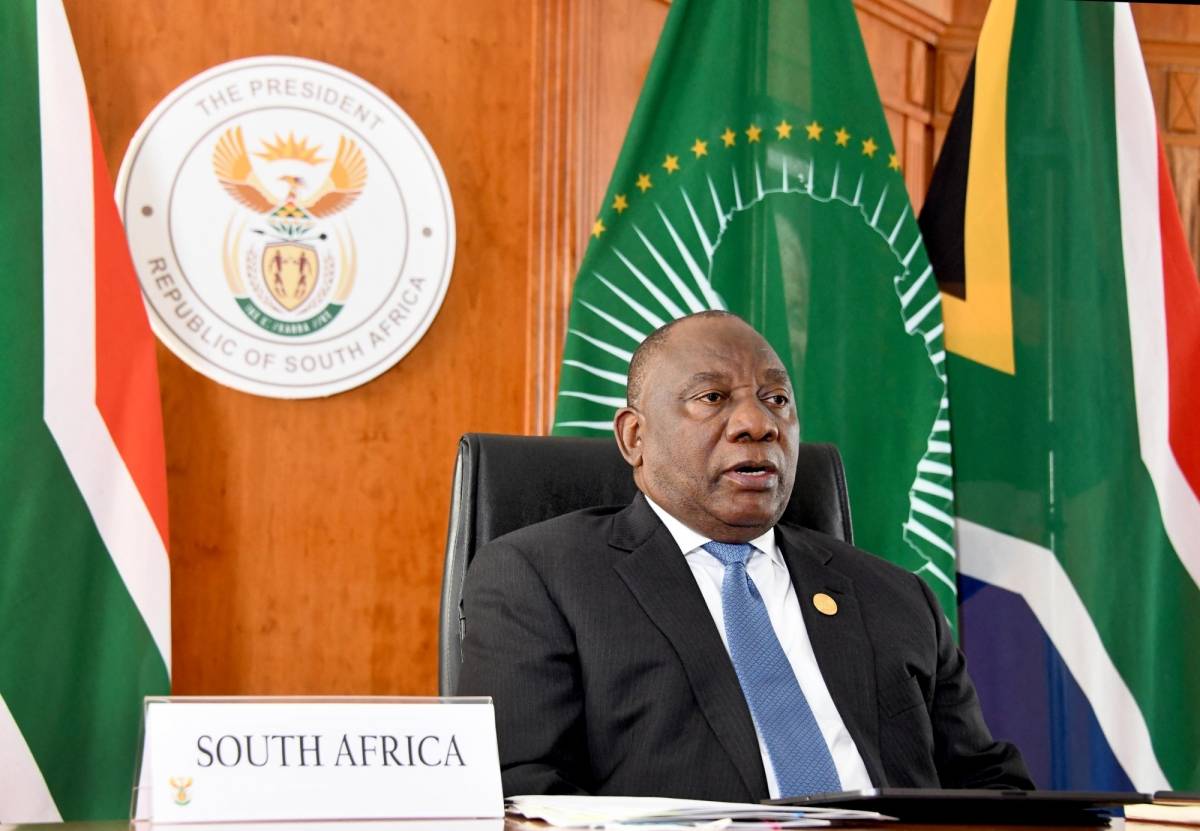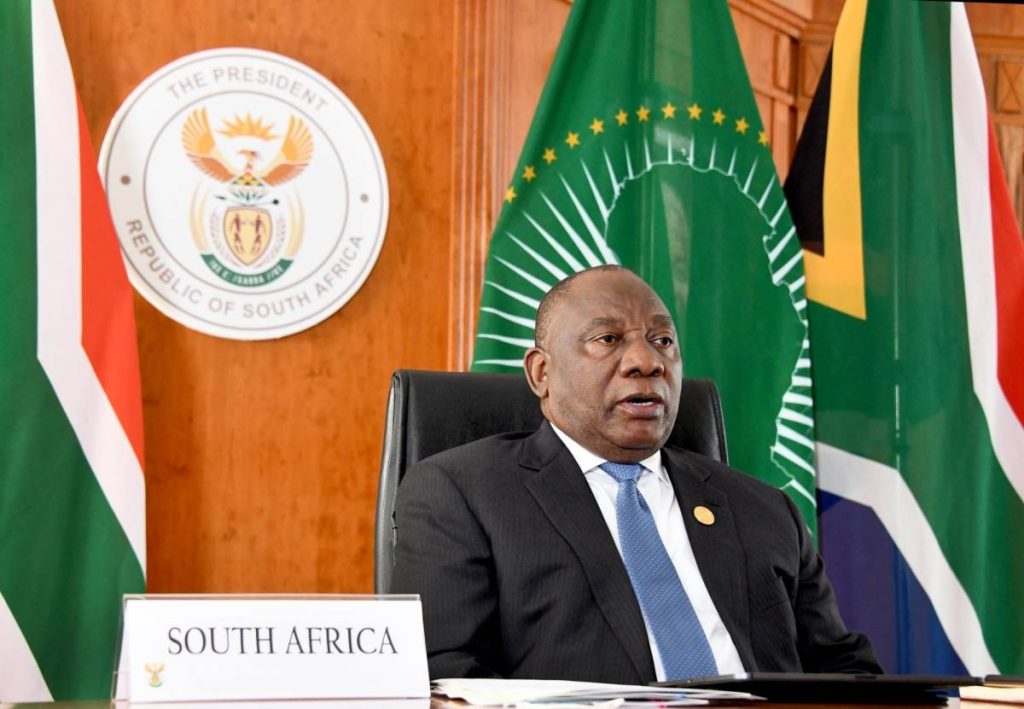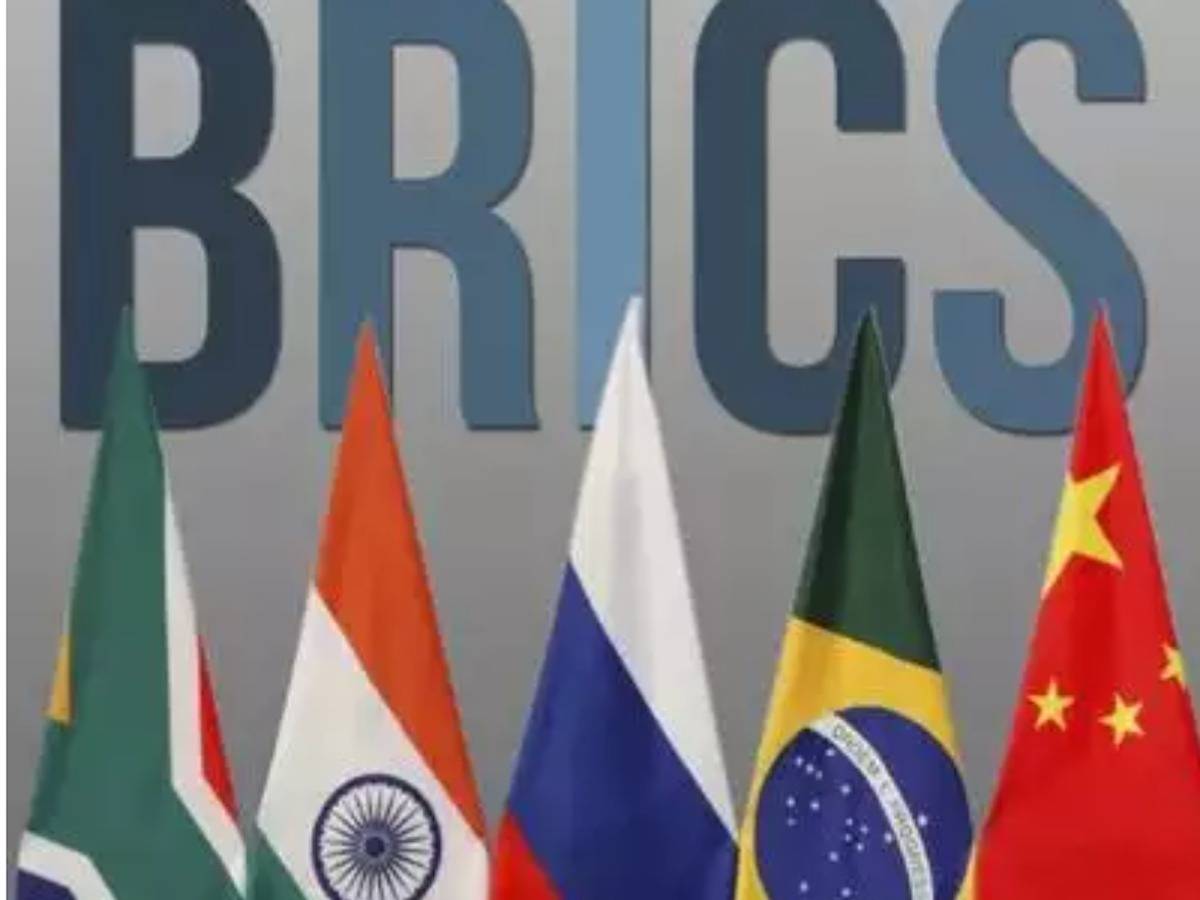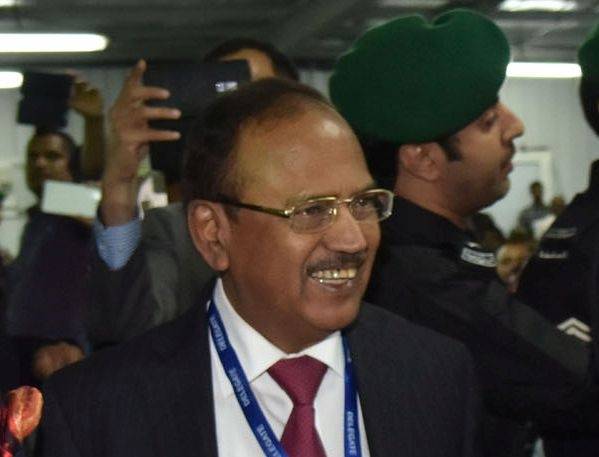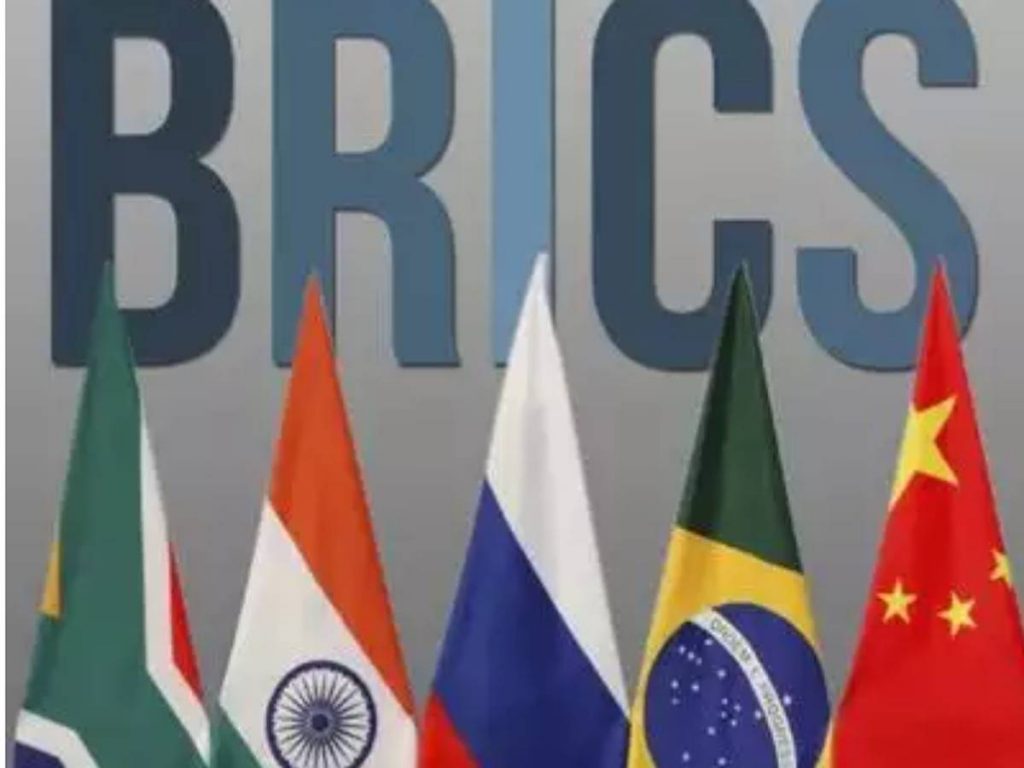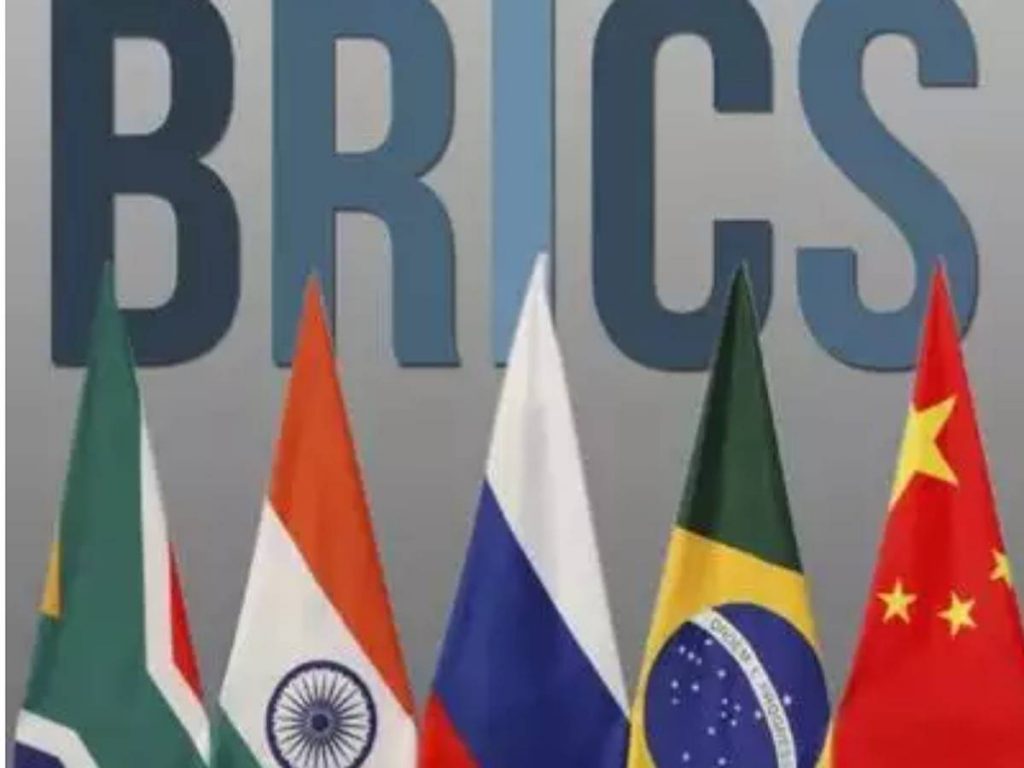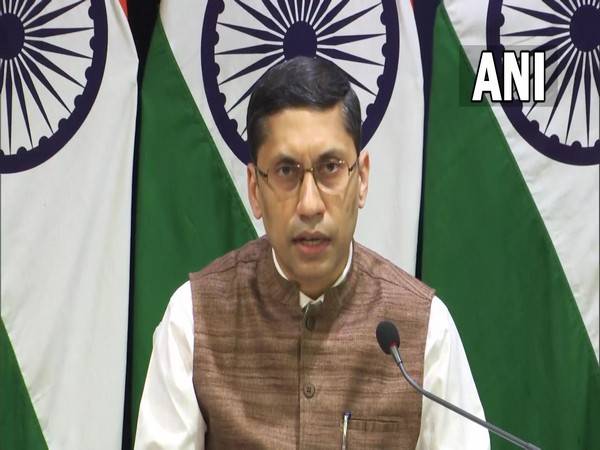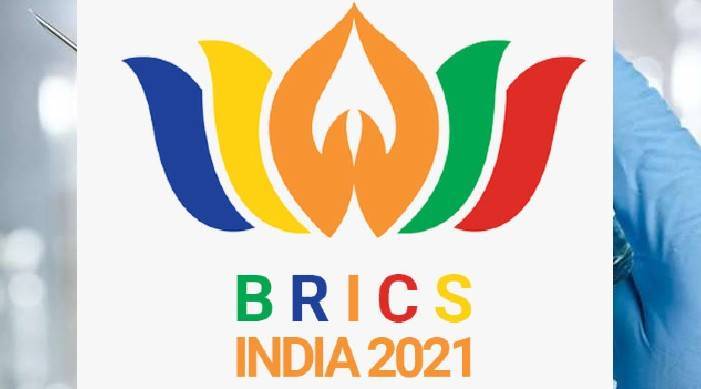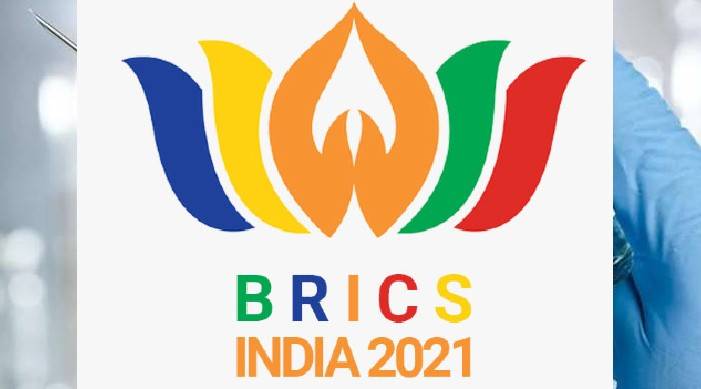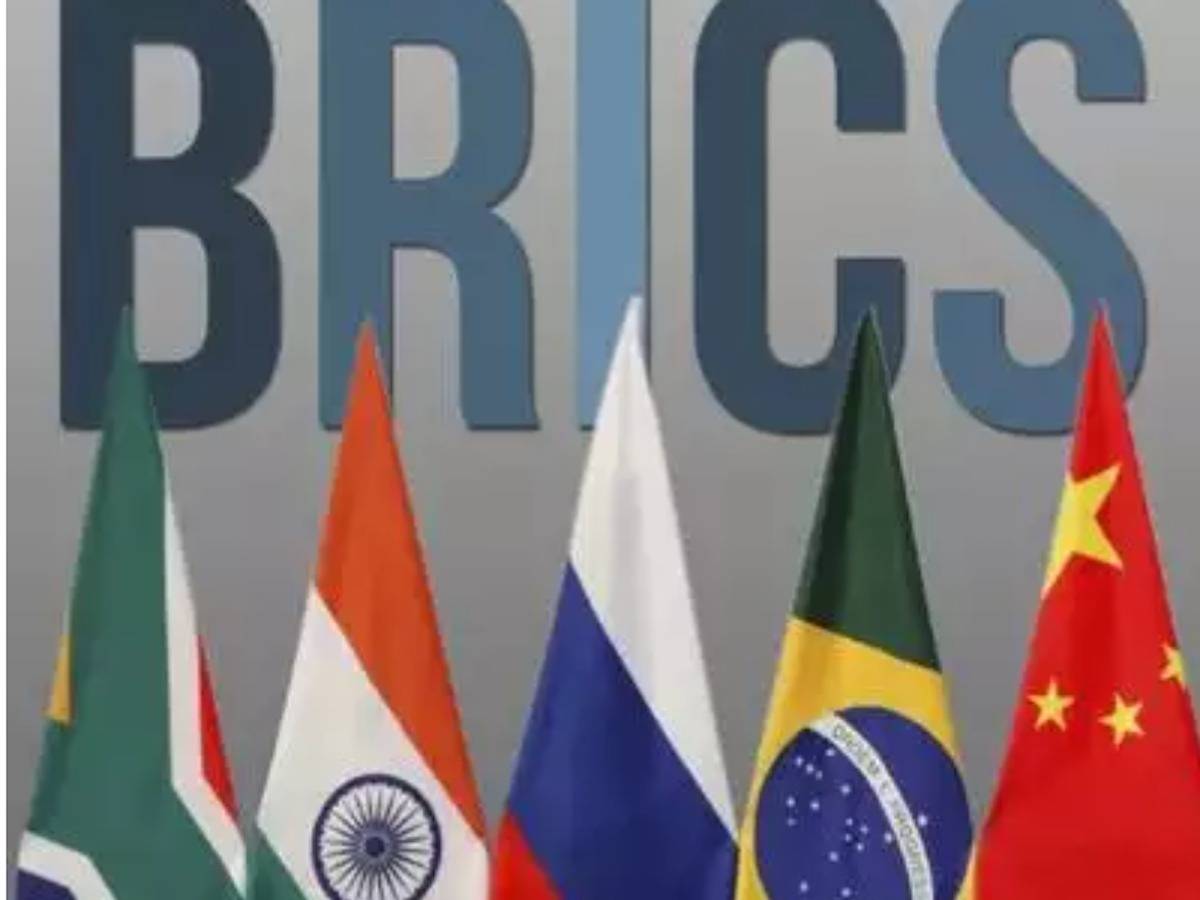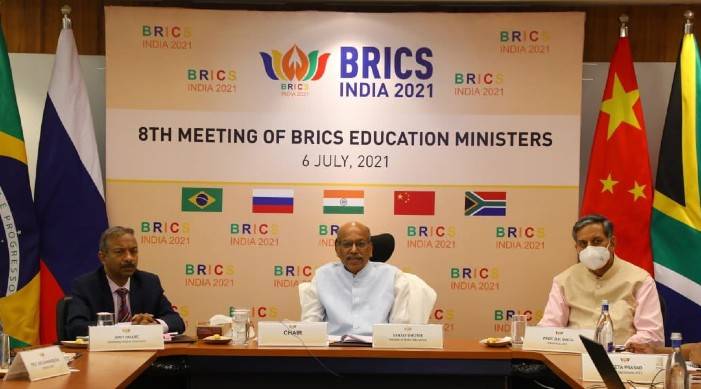The New Development Bank (NDB), established by BRICS — Brazil, Russia, India, China and South Africa — in 2015, has admitted Egypt as a new member…reports Asian Lite News
NDB’s Board of Governors had authorised the bank to conduct formal negotiations with prospective members in late 2020.
After a round of successful negotiations, NDB started expanding its membership in September 2021 with the admission of Bangladesh, the United Arab Emirates (UAE) and Uruguay.
Egypt is the fourth new member admitted into NDB, further expanding the bank’s global outreach, the statement added.
“We are delighted to welcome Egypt into NDB’s family. Egypt is one of the world’s fastest growing countries, a major economy in the African continent and the Middle East region as well as a key player in development finance institutions. We look forward to supporting its investment needs in infrastructure and sustainable development,” Marcos Troyjo, President of NDB, was quoted as saying in the statement.
“Egypt is a firm believer and supporter of multilateralism. The NDB has established itself as one of the premier Multilateral Development Banks for Emerging Markets and Developing countries… NDB’s strong financing capabilities and relevant expertise would help Egypt meet its financing needs and enhance its efforts to upgrade its infrastructure base while also meeting its ambitious SDG goals,” said Mohamed Maait, Egypt’s Minister of Finance.
Egypt will have in NDB a new platform to foster cooperation in infrastructure and sustainable development with BRICS and other emerging economies and developing countries, according the bank’s statement.
ALSO READ: Egypt, Jordan, Palestine discuss ways to revive Mideast peace process
Membership to NDB becomes effective once the admitted country completes its domestic processes and deposits the instrument of accession.
Since its establishment six years ago, NDB has approved about 80 projects in all of its member countries, totaling a portfolio of $30 billion.
Projects in areas such as transport, water and sanitation, clean energy, digital infrastructure, social infrastructure and urban development are within the scope of the Bank.

